Sea rescuers accuse German government of obstructing humanitarian work
Sea rescue organizations in Germany have accused Berlin of hindering their work by making safety regulations stricter for smaller vessels used in life-saving operations in the Mediterranean Sea.
The organizations issued a statement accusing the German government of violating a coalition agreement by amending the Ship Safety Ordinance, public broadcaster ARD reported on Tuesday.
According to the draft bill from the Ministry of Transport, the coalition wants tougher safety standards for smaller vessels used by organizations in rescue operations.
German rescue organizations said adjusting their operations to meet the stricter regulations would put a huge financial burden on them, thereby hindering their rescue operations.
"For the majority of civilian sea rescue vessels flying the German flag, this regulation will mean that they will have to limit or stop their life-saving work," said a statement signed by Mission Lifeline, Resqship, Sea-Watch and Sea-Eye, among others.
"The implementation of these changes is a clear breach of the coalition agreement, according to which civilian sea rescue must not be hindered," the non-governmental organizations wrote further.
The German government, however, says it aims to make organizations upgrade their vessels to meet modern safety standards because its only consideration is the safety of those being rescued.
A spokesman for the German Ministry of Transport said the government's tough safety standards were required for the better safety of those aboard the vessels, and hindering the rescue operations was wanted.
"The plan is not aimed at hindering private sea rescue in the Mediterranean. On the contrary, it is about safeguarding their work. The government is in constant contact with the organizations and there will be transitional periods for the retrofitting."
The revised safety regulations require vessels that are 24 meters or more in length to meet the safety standards required for cargo ships. Until now, only vessels that were over 35 meters had been classified as cargo ships that had to meet corresponding safety requirements. The smaller vessels have lower safety standards than the bigger ones.
Since rescue operations for civilian ships in the Mediterranean kicked off in 2015, there have been no reports of incidents involving crew members or those rescued being endangered due to safety deficiencies, rescue organizations say.
Dealing with asylum-seekers rescued in the Mediterranean Sea has been a problem for European leaders over the past years.
Europe's refugee crisis worsened during the 2015-16 Daesh attacks across Syria and Iraq, when Takfiri forces took huge swathes of land forcing tens of millions of people to flee their homes. However, the recent easing of COVID-era travel restrictions, coupled with the impact of the Ukraine war, has led to a new surge of asylum seekers in Europe.
European countries' leaders do not want to shoulder the responsibility of saving, sheltering and relocating the asylum seekers entering the European Union in pursuit of a better life on the Green Continent.
Meanwhile, the sight of tents and sleeping bags has become normal in some parts of European cities, along canals, in underpasses and railway stations, as some asylum seekers are forced to wait months for shelter after lodging applications.
President Deby: French troops will leave Chad by end of January
Toxic waste removed from India's 1984 Bhopal gas tragedy site
Gaza police chief, deputy killed in airstrike on humanitarian zone
South Korea's Yoon vows to ‘fight until end’ despite facing arrest
Alawites targeted as HTS militants launch crackdown on Homs
VIDEO | Press TV's news headlines
Putin orders government, top bank to develop AI cooperation with China
Martyr Soleimani is beacon of inspiration for freedom seekers worldwide: Official


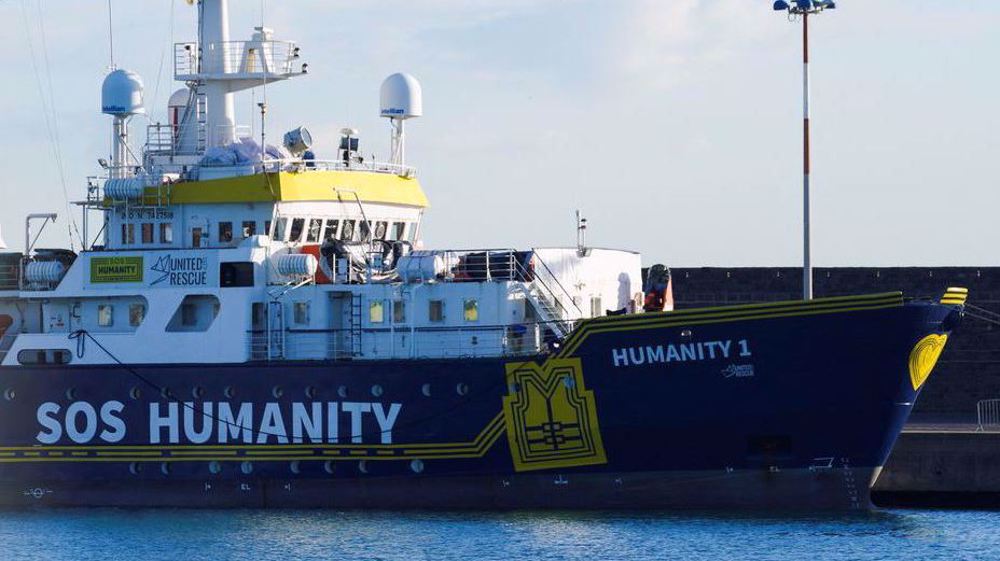
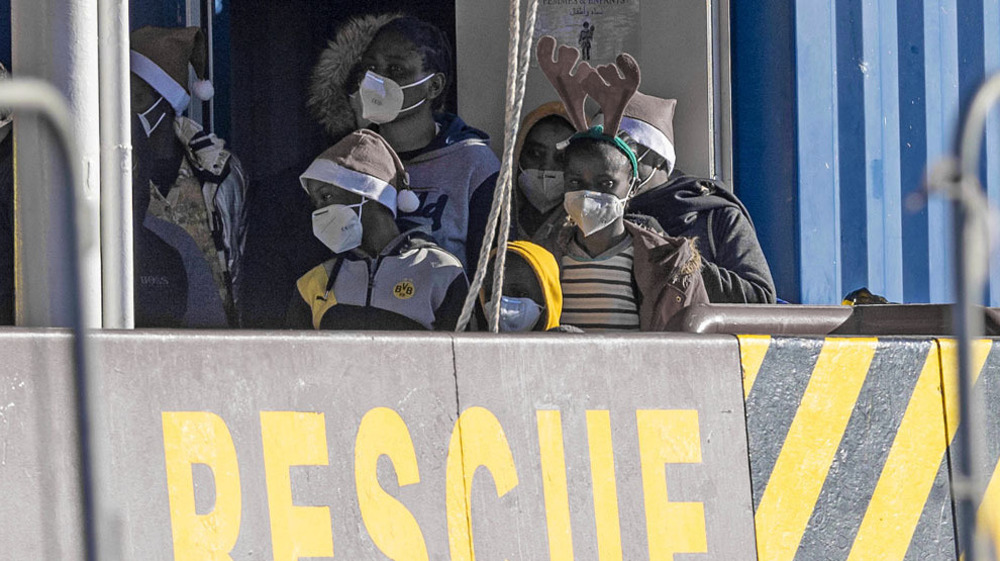







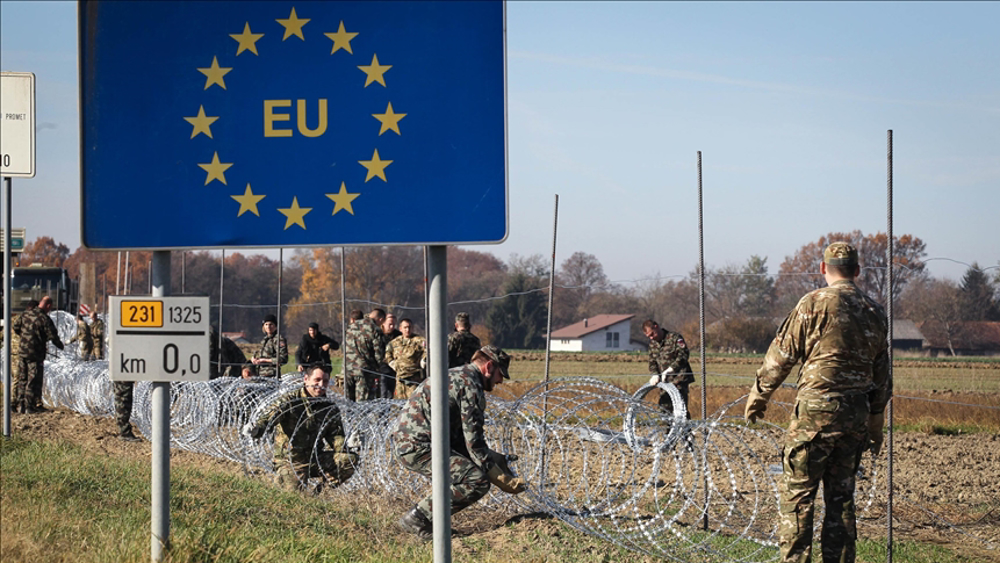
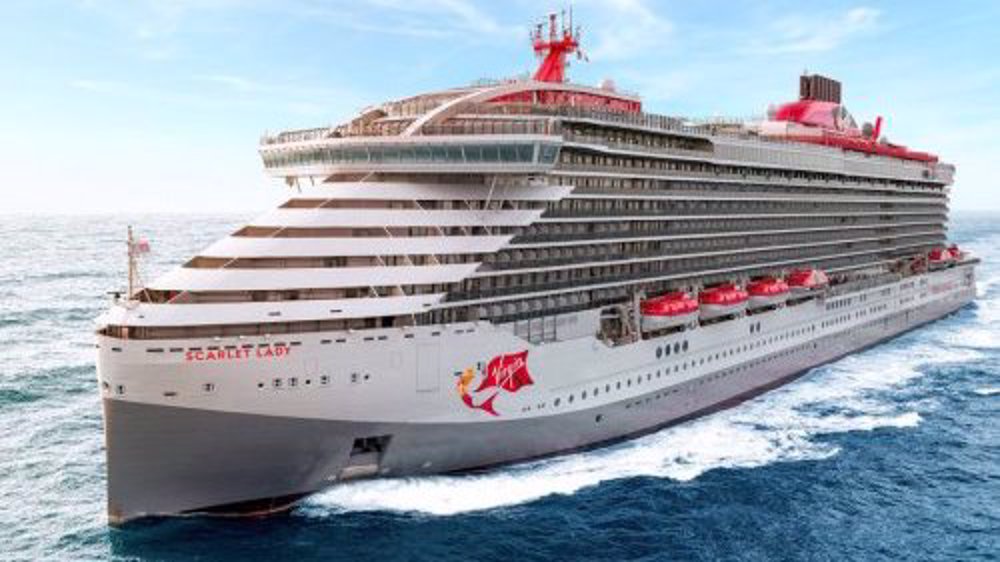
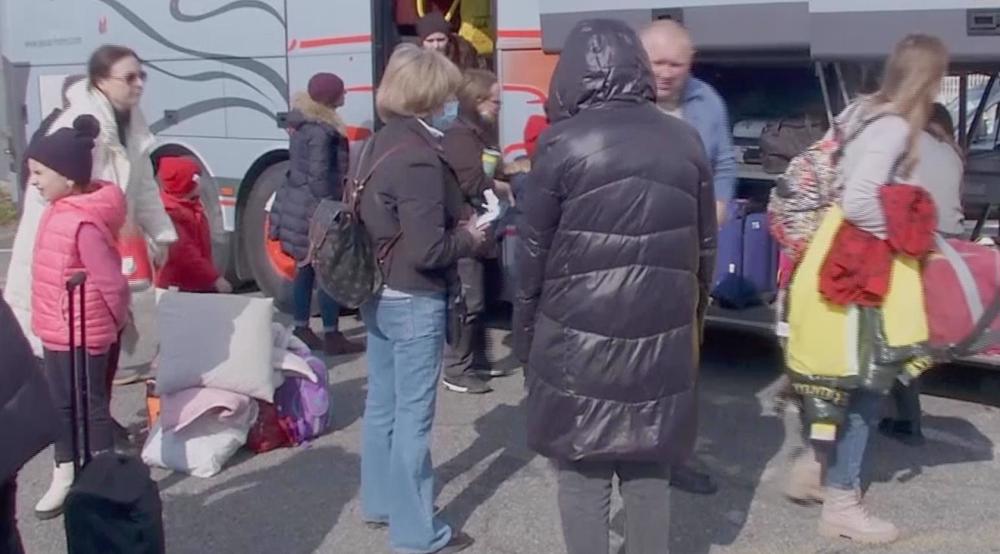
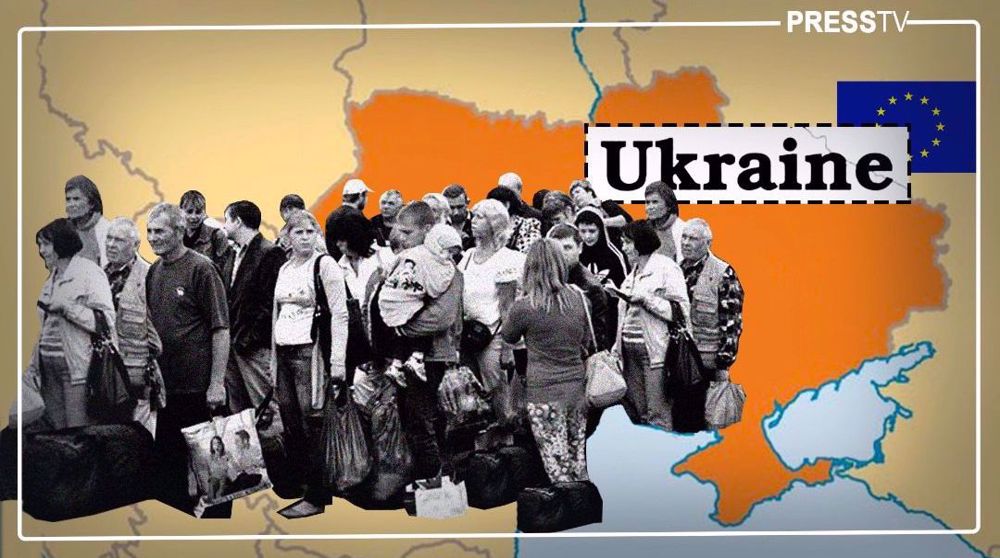

 This makes it easy to access the Press TV website
This makes it easy to access the Press TV website